In a historic move to transform The Gambia’s research landscape, the Ministry of Higher Education, Research, Science and Technology has initiated a comprehensive review of the country’s first-ever Draft National Research Act and accompanying regulatory frameworks—marking a major step toward establishing a unified and ethical research governance system for the nation.
On Saturday, April 12, 2025, the Honourable Minister of Higher Education, Research, Science and Technology, Professor Pierre Gomez, presided over the opening ceremony of a high-level, two-day Sector Review Retreat at Tendaba Camp in the Lower River Region. The event brought together the Ministry’s Senior Management Team and the Research Technical Working Group comprising experts from various academic and research institutions across the country.
The focus of the retreat was the critical review and refinement of three major instruments: the Draft National Research Act, the Research Regulatory Framework, and the Research Excellence Assessment Framework (REAF). These documents are poised to introduce a new era of coordination, regulation, and synergy in The Gambia’s research ecosystem.
In his keynote address, Minister Gomez underscored the profound importance of the initiative. “Sixty years after Independence, this is the first time the country is having an existing unified National Research Act,” he stated, calling the effort long overdue and vital for the country’s scientific and intellectual advancement.
“These two documents are essential for the development of a robust and well-regulated research environment in the country,” the Minister said, referring to the Draft Act and the Regulatory and Ethical Frameworks. He noted that they are designed to provide governance oversight, regulatory clarity, and ethical guidance for all types of research conducted in The Gambia—including medical, social, and scientific research.
Minister Gomez further asserted that these instruments will position The Gambia among the leading nations in West Africa with structured and accountable research systems. “The instruments have the potential to place The Gambia among the leading nations in West Africa with established research governance structures,” he affirmed.
One of the key features of the Draft National Research Act is the establishment of a harmonized approach to research governance across all institutions. “It will promote a coordinated approach to research governance and ensures that all institutional research practices align with national standards, thereby creating a harmonized and efficient research ecosystem across the country,” Gomez said.
Participants at the retreat were actively engaged in group sessions, where they examined each component of the draft documents in detail, suggested amendments, and worked toward aligning the content with international best practices and national development priorities. The retreat also addressed the need for an inclusive and ethically sound research culture that protects human subjects and ensures the societal relevance of research outputs.
Members of the Research Technical Working Group highlighted that the drafting process has been consultative from the outset, incorporating inputs from academia, policy experts, and development partners. This collaborative approach is expected to result in robust, practical, and context-specific policies that can effectively guide the country’s research trajectory.
Another major highlight of the retreat was the presentation and discussion of the Research Excellence Assessment Framework (REAF), which is intended to standardize how research quality and impact are evaluated across institutions. The framework aims to promote accountability, transparency, and innovation in research practices.
As the retreat drew to a close, Minister Gomez expressed his appreciation for the commitment and input of all participants. “These vital documents mark a significant step forward in strengthening research governance, providing regulation, and enhancing research excellence in The Gambia,” he concluded.
The Ministry of Higher Education, Research, Science and Technology reaffirmed its commitment to completing the finalization and implementation of the research instruments. Once enacted, they are expected to create a conducive and well-regulated research environment that supports national development, fosters innovation, and upholds ethical standards in The Gambia’s growing research community.
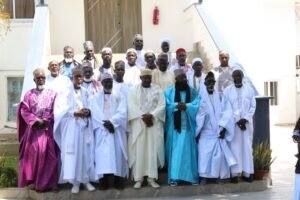

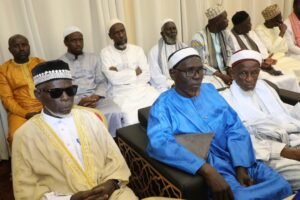

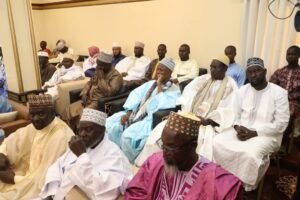
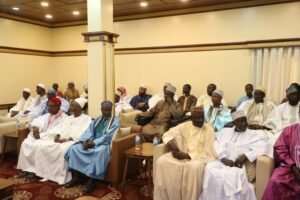








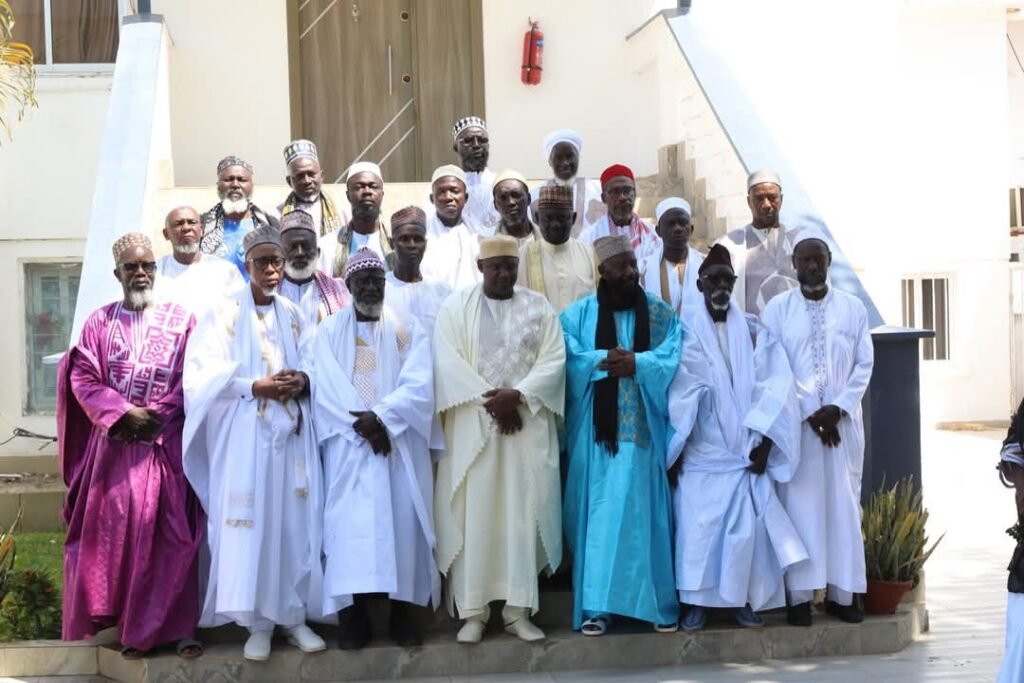
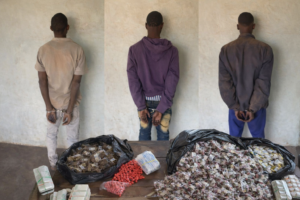
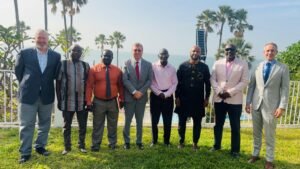


More Stories
GPF holds sensitization programme at Gambia Senior Secondary School
Gambia, Senegal Seal Ambitious Education Pact to Expand Scholarships and Innovation
Gambia unveils National Madrassah Board in landmark education reform